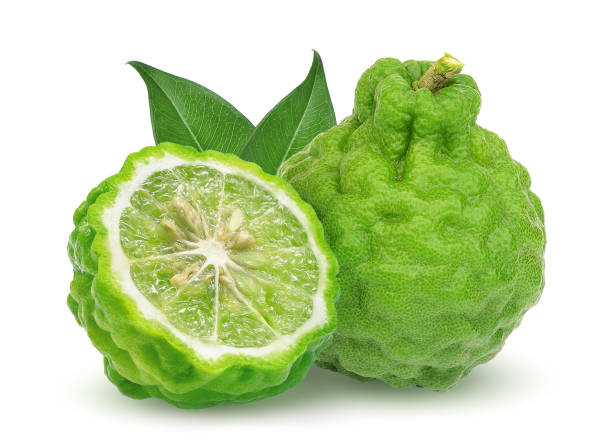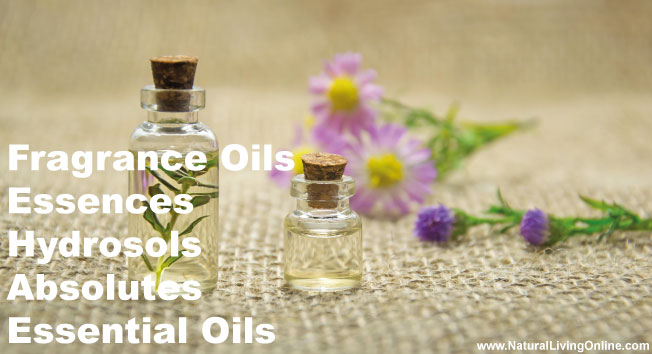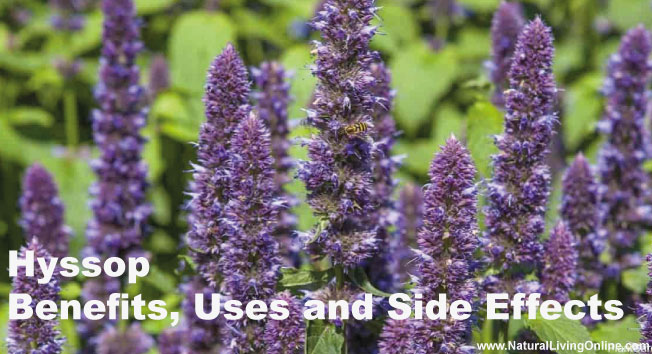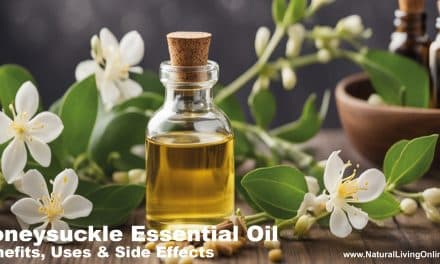Bergamot essential oil is derived from the Bergamot, a citrus fruit that is grown in Italy. The oil has a sweet, citrusy scent and is used in aromatherapy, as well as in skin care and beauty products. Bergamot oil has a long history of use for various health conditions like anxiety, depression, stress, and insomnia, colds, flu, and other respiratory infections. Bergamot essential oil for hair can be used to treat dandruff and scalp conditions.
Essential Oil Profile / Monograph
Botanical Name: Citrus Bergamia
Common Names: Bergamot, Bee Balm
Plant Family: Rutaceae
Countries of origin: Italy, France
Extraction Method: Cold Pressed
Parts Used: Fruit Peel
Essential Oil smell: citrusy, fruity, floral
Essential Oil Color: Greenish Yellow
Viscosity: Medium
Perfumery Note: Top
Strength of Aroma: Strong
Blends Well With: Lavender, Jasmine, Rosemary, Chamomile
Therapeutic Properties: Analgesic, antibacterial, anti-inflammatory, antidepressant, antiseptic, astringent, carminative, cicatrizant, deodorant, digestive, disinfectant, fungicide, lipolytic, stimulant
Uses: Aromatherapy, skin care, hair care
Side Effects: Photosensitivity, Stomach upset, and Headache
Chemical Constituents with percentages:
Limonene: 30-50%
Linalool: 5-15%
Geranial: 5-15%
Neral: 2-10%
Furanocoumarins: 3-8%
Bergaptene: 0-3%
What is Bergamot?
The Bergamot (Citrus bergamia) is a fruit that grows on an evergreen tree that is native to Italy. The fruit is oval-shaped with a yellowish-green color and smells sweet like a lemon. Bergamot is used for its aromatic properties in perfumes, soaps and cosmetics, as well as in aromatherapy to relieve anxiety and stress. Bergamot essential oil has antiseptic, anti-inflammatory and analgesic (painkilling) properties that make it beneficial for treating skin conditions such as acne or eczema; Bergamot can also be applied topically to wounds to prevent infection. Bergamots have been cultivated since the 16th century by monks of the Carmelite order who were known for their cultivation techniques – this led them being referred too frequently as “Carmelites”.
How is it made?
The fruit of the Bergamot tree is used to make Bergamot essential oil. The peels of the fruit are cold-pressed to extract the oil. The oil has a sweet, citrusy scent and is used in aromatherapy, as well as in skin care and beauty products.
Historical Use
Bergamots have been cultivated since the 16th century by monks of the Carmelite order who were known for their cultivation techniques – this led them being referred too frequently as “Carmelites”. Bergamot essential oils was traditionally used in perfumes and soaps, but it also has antiseptic properties which make Bergamot an effective treatment for acne or eczema. Bergamo can be applied topically to wounds to prevent infection; Bergamo is also analgesic (painkilling) that can help relieve pain caused by inflammation such as rheumatoid arthritis.
Uses
Bergamot has a wide range of therapeutic properties including anti-anxiety, antidepressant, antiseptic, analgesic (pain relief), antiviral and disinfectant effects as well as being an insect repellent.
It should be diluted with carrier oils for topical application and should not be used on broken or irritated skin. Apply the diluted oil topically on wounds to prevent infection; Bergamot is also analgesic (painkilling) that can help relieve inflammation such as rheumatoid arthritis. It can be used as a massage oil for pain relief
Bergamot is one of the most popular essential oils because its smell lifts moods and helps people relax while combating stress at the same time. Put a few drops in a diffuser to uplift your mood. Bergamot essential oils contains a compound called bergaptene which helps prevent anxiety by acting on certain brain receptors (serotonin receptor subtype). Bergamot essential oil has been shown to have antidepressant properties that can lift moods of depression sufferers (including bipolar disorder) just like some prescription medications do without causing side effects or dependency issues associated with these types of drugs – this could explain why you may feel energized after smelling something citrusy such as Bergamot oil.
You can also take a bath with Bergamot essential oil to relieve anxiety and stress. Bergamot essential oil can be added to soaps and shampoos, bath salts and lotions.
Bergamot essential oil for skincare: skin benefits include Bergamot’s ability to act as an antiseptic, which can help treat acne or eczema. It has analgesic properties that can be beneficial for treating pain, and anti-inflammatory properties that can help relieve inflammation.
Bergamot essential oil for hair: It can be used to treat scalp conditions such as dandruff or oily scalp and to stimulate hair growth. It is also a good choice for people who have dry, brittle or damaged hair. It can be added to shampoo or conditioner, or used as a scalp massage oil.
Bergamot essential oil for Stress and Anxiety: It is one of the most popular aromatherapy oils because its smell lifts moods and helps people relax while combating stress at the same time. It can be used in a diffuser, or added to a bath for relaxation. It can also be applied topically to the skin (diluted with a carrier oil) for stress relief.
Bergamot essential oil spiritual benefits: Bergamot is a good choice for meditation or prayer because of its refreshing, uplifting and calming effect on the mind and body. It can be used to help relieve anxiety, stress and tension and to promote relaxation and peace.
Diffuser Blends
1. Bergamot and Lavender: This blend is perfect for promoting relaxation and sleep. Add 3 drops of bergamot oil and 3 drops of lavender oil to your diffuser.
2. Bergamot and Jasmine: This blend is a great mood booster. Add 3 drops of bergamot oil and 3 drops of jasmine oil to your diffuser.
3. Bergamot and Rosemary: This blend is perfect for improving focus and concentration. Add 3 drops of bergamot oil and 3 drops of rosemary oil to your diffuser.
4. Bergamot and Chamomile: This blend is a great way to reduce stress and anxiety. Add 3 drops of bergamot oil and 3 drops of chamomile oil to your diffuser.
5. Bergamot, Lavender, and Rosemary: This blend is perfect for promoting relaxation and sleep while also improving focus and concentration. Add 2 drops of bergamot oil, 2 drops of lavender oil, and 2 drops of rosemary oil to your diffuser.
6. Bergamot, Jasmine, and Chamomile: This blend is a great way to boost your mood and reduce stress and anxiety. Add 2 drops of bergamot oil, 2 drops of jasmine oil, and 2 drops of chamomile oil to your diffuser.
7. Bergamot, Rosemary, and Jasmine: This blend is perfect for improving focus and concentration while also boosting your mood. Add 2 drops of bergamot oil, 2 drops of rosemary oil, and 2 drops of jasmine oil to your diffuser.
DIY Recipes
1. Bergamot Body Butter: This body butter is perfect for moisturizing and nourishing your skin. In a double boiler, melt ½ cup of coconut oil and ¼ cup of cocoa butter. Once melted, remove from heat and stir in 10 drops of bergamot oil. Pour into a glass jar and let cool.
2. Bergamot Shampoo: This shampoo is perfect for cleansing and revitalizing your hair. In a bowl, mix together ½ cup of liquid castile soap, ¼ cup of apple cider vinegar, 10 drops of bergamot oil, and 5 drops of lemon oil. Pour into a glass bottle and shake well.
3. Bergamot Facial Cleanser: This facial cleanser is perfect for cleansing and refreshing your skin. In a bowl, mix together ½ cup of liquid castile soap, ¼ cup of aloe vera gel, 10 drops of bergamot oil, and 5 drops of lavender oil. Pour into a glass bottle and shake well.
4. Bergamot Massage Oil: This massage oil is perfect for relaxing your muscles and promoting circulation. In a bowl, mix together ¼ cup of carrier oil, 10 drops of bergamot oil, and 5 drops of lavender oil. Pour into a glass bottle and shake well.
5. Bergamot Room Spray: This room spray is perfect for refreshing and invigorating your space. In a glass bottle, mix together 1 cup of distilled water, 10 drops of bergamot oil, and 5 drops of lemon oil. Shake well and spray around your room as desired.
Frequently Asked Questions
Who should not use Bergamot oil?
Bergamot oil should not be used by pregnant women, or by people who are taking prescription medications for depression or other mental health conditions. Bergamot oil may also increase your skin’s sensitivity to the sun, so it is important to avoid direct sunlight after using Bergamot oil.
Does Bergamot oil interact with any medication?
Bergamot oil may interact with certain medications, such as prescription antidepressants. Bergamot oil may also increase your skin’s sensitivity to the sun, so it is important to avoid direct sunlight after using Bergamot oil.
Does Bergamot oil raise blood pressure?
Bergamot oil does not appear to raise blood pressure. Bergamot oil may, however, interact with certain medications, such as prescription antidepressants. Bergamot oil may also increase your skin’s sensitivity to the sun, so it is important to avoid direct sunlight after using Bergamot oil.
What are Bergamot oil benefits for skin?
Bergamot oil can be used to treat acne or eczema. Bergamot oil also has analgesic properties that can be beneficial for treating pain, and anti-inflammatory properties that can help relieve inflammation. Bergamot oil may also increase your skin’s sensitivity to the sun, so it is important to avoid direct sunlight after using Bergamot oil.
Is Bergamot oil good for hair?
Bergamot oil can be used to treat scalp conditions such as dandruff or oily scalp. Bergamot oil can also help stimulate hair growth. Bergamot oil is also a good choice for people who have dry, brittle or damaged hair. Bergamot oil can be added to shampoo or conditioner, or used as a scalp massage oil.
Can I ingest bergamot oil?
Bergamot oil is not recommended for ingestion. Bergamot oil may interact with certain medications, such as prescription antidepressants. Bergamot oil may also increase your skin’s sensitivity to the sun, so it is important to avoid direct sunlight after using Bergamot oil. If you are pregnant or breastfeeding, you should avoid using Bergamot oil.
Is Bergamot oil safe for cats and dogs?
Bergamot oil is not recommended for use around cats and dogs. Bergamot oil may be toxic if ingested in large quantities, so it is important to keep Bergamot oil out of reach of pets.
This website does not provide medical advice.
All information provided on this website, and on associated social media networks, including but not limited to texts, images, and numbers are for general information purpose only. It is not intended as medical advice and it does not include all possible precautions, side effects, or interactions that may occur. Neither NaturalLivingOnline.com nor its author/founder take responsibility for how you use this information. Statements contained on NaturalLivingOnline.com have not been evaluated by the FDA. You should conduct thorough research via multiple sources and consult your physician or qualified doctor before using any essential oil or herbal remedy. Information on NaturalLivingOnline.com must not be relied upon for medical, legal, financial or other decisions.













